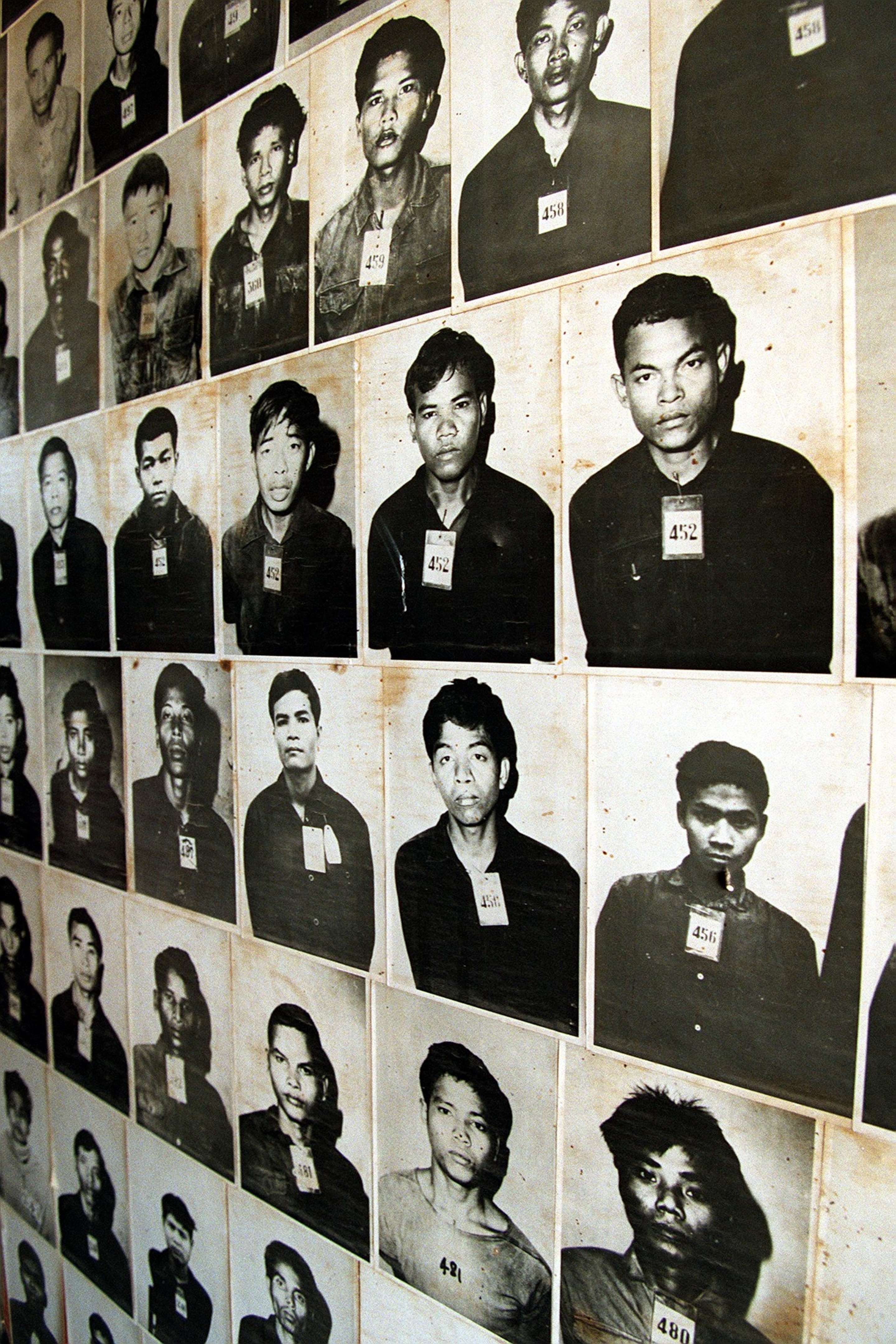The event was held to honor Martin Luther King Jr. Day
To commemorate Martin Luther King Jr. Day, Colorado Mountain College invited the community to a conversation about Indigenous tribal histories with Ernest House Jr., senior policy director of the Keystone Policy Center and member of the Ute Mountain Ute Tribe.
House’s father, Ernest House Sr., was an elected tribal leader for more than 35 years, and his great-grandfather was the last hereditary chief of the tribe, Chief Jack House. House Jr. is a former executive director of the Colorado Commission of Indian Affairs and has long worked to maintain government-to-government relationships between the state of Colorado and tribal governments and organizations.
House opened by acknowledging King on the national holiday by reading a quote of his that House said he always comes back to:
“Our nation was born in genocide when it embraced the doctrine that the original American, the Indian, was an inferior race. Even before there were large numbers of Negroes on our shores, the scar of racial hatred had already disfigured colonial society. From the 16th century forward, blood flowed in battles of racial supremacy. We are perhaps the only nation which tried as a matter of national policy to wipe its indigenous population. Moreover, we elevated that tragic experience into a noble crusade. Indeed, even today we have not permitted ourselves to reject or to feel remorse for this shameful episode. Our literature, our films, our drama, our folklore all exalt it,” King wrote in his 1963 book “Why We Can’t Wait.”
House said everyone in Indian country, which he said includes tribes throughout the U.S., as well as Native American organizations and advocacy groups, has been honoring King.
“Through that process, we all are recognizing that American Indian rights, American Indian movements, the efforts in the ’60s and definitely going on to the ’70s, we would not be here if Dr. King had not also elevated this conversation for Native Americans,” House said.
House said there are about seven bands of Utes, which consolidated into the three Ute tribes around today. His tribe is the Weeminuche band, and the Southern Ute Indian Tribe in Ignacio includes two bands. The other four bands were pushed out of the state and now form the Northern Ute Indian Tribe in Fort Duchesne, Utah.
He explained that the Utes originally inhabited more than two-thirds of what is now Colorado, as well as more land in surrounding states. Their territory has continuously shrunk with changes to treaties, but the Colorado mountains still mean so much to House and his tribe. His tribe now has 600,000 acres across Colorado, Utah and New Mexico, and the neighboring southern tribe has 300,000 acres in Colorado alone.
“Colorado archeologists and anthropologists will tell you that they believe Ute’s have been here in what we call Colorado for the last 10,000 to 12,000 years,” House said. “… But if you’d ask me or anyone from my tribe, … they’ll tell you that we’ve been here since time immemorial, meaning before there was ever any type of recording.”
He said understanding the true history of Indigenous cultures is an essential part of going beyond just land acknowledgments. House also discussed efforts with tribes and the county to rename the Gore Range, as it’s named after a 19th century aristocrat.
House also talked about land acknowledgments, which he said are meant to plant the seed; they are not the finish line. If an entity is considering doing one, he said the work has to go beyond just the acknowledgment.
“It needs to be a long-term commitment,” House said. “It can’t just be something that you highlight in a report or the 10-year management plan that gets shelved that no one’s going to see.”
As a member of the board of trustees at Fort Lewis College in Durango, which started as an Indian boarding school, House said the school now has its land acknowledgment on all of its course syllabi, and it works because it started from the students. House said 30% of the college’s student population is Native American.
Colorado Mountain College President Carrie Besnette Hauser noted that the college owns a 35-acre parcel of land in Montezuma County in the heart of the Four Corners region, which is part of the ancestral home of the Ute Mountain Ute Tribe. She said the college’s board of trustees is discussing whether it is the proper owner of the parcel or if it might be otherwise entrusted.
“What we haven’t done adequately is learn about and reflect upon the longer-term history of this land and all that it encompasses and how we more meaningfully and humbly acknowledge our heritage,” Hauser said.
Facilitator Patrick Staib, a social science professor at Colorado Mountain College’s Steamboat Springs campus, asked House how higher education can work with tribal communities to take meaningful action and move forward.
House said this is the No. 1 question, and every entity will have a different path. He said entities that haven’t worked with tribal communities should get educated on who they are working with, and relationship building is the first key piece that can take time and shouldn’t be rushed. He also said tribes and government entities don’t have the best history, and trust has to be built through collaboration. He also reiterated the importance of working on developing relationships with tribal nations and Indigenous communities. Even if a campus is far from a tribe, there are Native Americans in every Colorado county, he said.
House also shared something his father would often say after coming back from meetings with the federal government as a tribe leader, something House said is one of his father’s best quotes.
“After leaving it, he would always say that being at the table was so important, and for so long, if you weren’t at the table, you’re on the menu,” House said. “And that’s been the Indigenous community.”
Colorado Mountain College recorded the event and will make it available for the public this week. The college will also hold several follow-up coffee and conversation events for students and faculty to continue talking about going beyond land acknowledgments.




